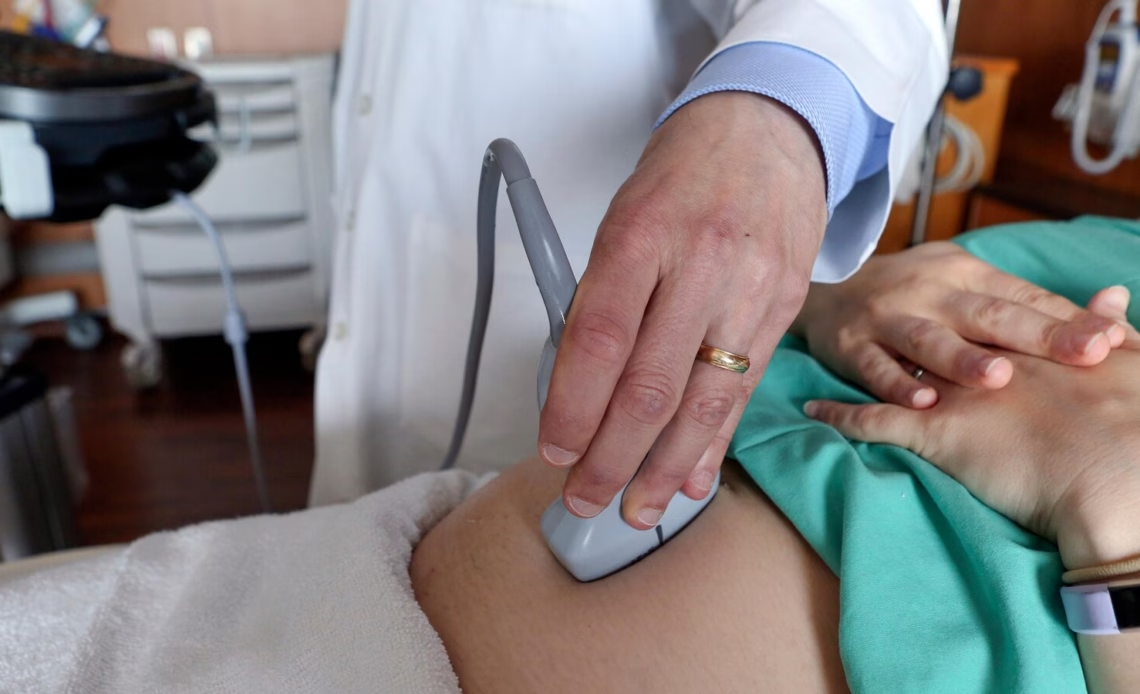Efforts to reduce the nation’s persistently high maternal mortality rates involve state panels of experts that investigate and learn from each mother’s death.
The panels — called maternal mortality review committees — usually do their work quietly and out of the public eye. But that’s not been the case recently in three states with strict abortion laws.
Georgia dismissed all members of its committee in November after information about deaths being reviewed leaked to the news organization ProPublica. Days later, The Washington Post reported that Texas’ committee won’t review cases from 2022 and 2023, the first two years after the state banned nearly all abortions. In Idaho, the state let its panel disband in 2023 only to reinstate it earlier this year.
“They’ve become more of a lightning rod than they were before,” said epidemiologist Michael Kramer, director of the Center for Rural Health and Health Disparities at Mercer University in Georgia.
Here’s what maternal mortality review committees across the nation do and what might happen next:
“Maternal mortality review committees are important because they are the most comprehensive source of information about maternal mortality that we have,” said David Goodman, who leads the maternal mortality prevention team at the U.S. Centers for Disease Control and Prevention.
The panels review deaths that occur during pregnancy or within a year after it ends, whether directly related to the pregnancy or not. Causes of death can range from hemorrhage during childbirth to drug overdoses to traffic accidents.
The goal, Kramer said, is to examine maternal deaths and help “decide what we can do about them.”
All states, a few cities and Puerto Rico have these committees. Their membership varies and may include OB-GYNs, maternal-fetal medicine doctors, nurses, midwives, mental and public health experts and members of patient advocacy groups. Most have representatives from several areas of expertise, which the CDC recommends.
How members are selected also varies; people may apply, submit letters of interest or be invited to serve.
The selection shouldn’t be politically motivated, Kramer said, because “if there’s a systematic exclusion of certain data or certain perspectives” it’s difficult to truly understand what’s happening.
First, the panels work with state vital statistics offices and epidemiologists to identify deaths associated with pregnancy by examining death certificates and looking for a…
Click Here to Read the Full Original Article at ABC News: Health…

